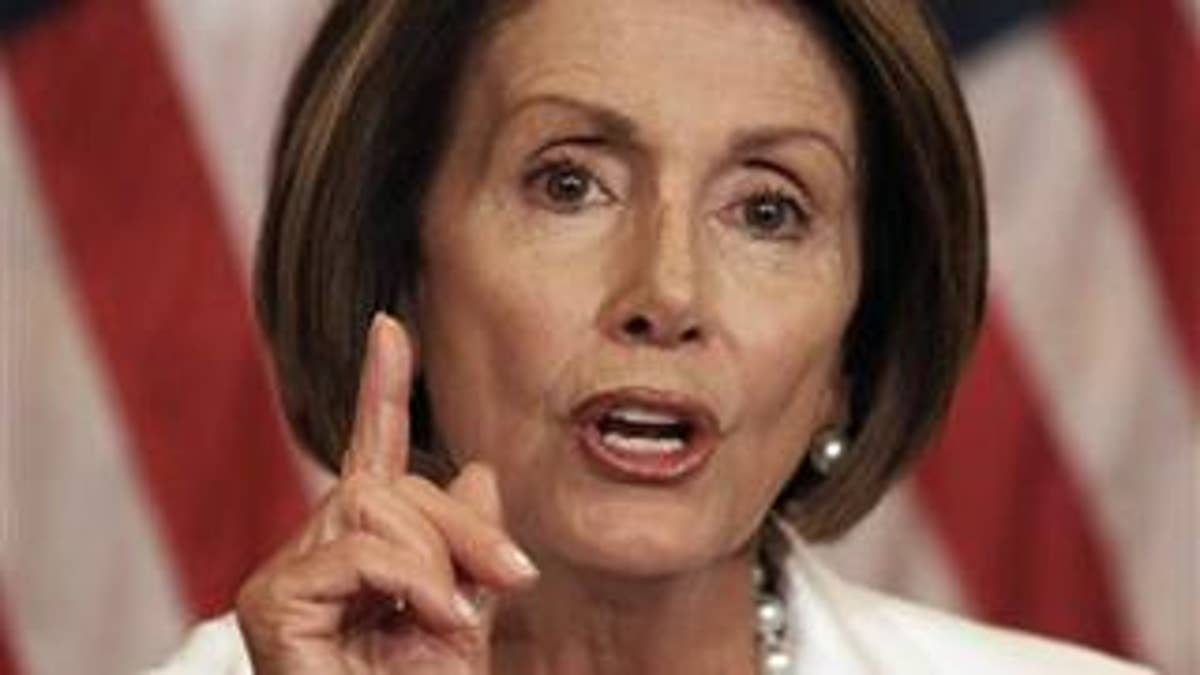
Now that all three House committees reviewing health care reform have passed their versions of a sweeping reinvention of the health care system, a showdown looms on the House floor in September as various factions within and between the two parties battle over the details.
The House Energy and Commerce Committee was the final panel to act, with a 31-28 vote late Friday. Although it came weeks later than either the White House or Democratic leaders had hoped, they still noted it as a victory.
"This historic step moves us closer to health insurance reform than we have ever been before," President Obama said Saturday morning.
A vote in the full House is expected in September, after lawmakers return from a monthlong vacation. Combining the measures produced by the three House committees could be tricky since compromises agreed to in the Energy and Commerce Committee produced a bill less reflective of liberal priorities than the legislation passed by the Ways and Means Committee and Education and Labor Committee.
Appealing for passage, Obama said in his statement Saturday that in the coming weeks "we must build upon the historic consensus that has been forged and do the hard work necessary to seize this unprecedented opportunity for the future of our economy and the health of our families."
But in a sign of the fight ahead, Republicans on Saturday quickly blasted the Democrats' proposals as a "dangerous and costly experiment" that will run up the federal deficit and overwhelm state budgets.
House Democrats, though, are ready to fire back with a media strategy of their own to gin up support over the August break for their plan.
In a memo outlining that strategy and obtained by FOX News, Democratic leaders have shaped a message on health care reform for fellow lawmakers to communicate to the public in telephone town halls, district meetings with constituents and on social networking sites.
Among the key talking points for health care reform are holding health insurance companies accountable and ensuring no loss of coverage due to illnesses or job switches.
"Winning the health reform debate in August requires nothing less than an aggressive, multi-front effort to control the message and keep the momentum moving forward," the memo read. "Our message is simple. It is in sync with the White House. And it counters the Republican 'government takeover' message.
"Hold the insurance companies accountable. ... No discrimination for pre-existing conditions. ... No excessive out-of-pocket expenses, deductibles, or co-pays. No yearly or lifetime cost caps on what insurance companies cover," the memo said.
The health reform measure is designed to extend health insurance to millions who now lack it, at the same time it strives to slow the growth in medical costs nationwide -- Obama's twin goals.
While the pace of action was slower than party leaders had hoped, it was speedier by far than the timetable in the Senate.
There, Democrats said a deadline of Sept. 15 had been imposed on marathon talks aimed at producing a bipartisan compromise in the Senate Finance Committee.
In the GOP's weekly radio and Internet address, Sen. John Thune of South Dakota contended that the Democrats' current proposals do not improve health care because it would force millions of Americans in employer-based coverage into a government-run system.
He also said the proposals would burden states because they expand Medicaid coverage without a clear source of funding. In South Dakota, for example, the new requirements could require $45 million a year in new state spending that will "have to come from somewhere, and that means either higher taxes or cuts to other priorities."
"That's what we're facing not just in South Dakota, but nationwide," he said.
Thune said Republicans would seek reforms that allow small businesses to band together to buy affordable health insurance for their employees; protect doctors and hospitals from frivolous lawsuits; encourage wellness and prevention programs proved to cut costs; and give people who buy their own insurance the same tax breaks as those who get insurance through their employers.
Without a bipartisan bill, Finance Chairman Max Baucus, D-Mont., would presumably have to produce a measure tailored to Democratic specifications, a step he has said repeatedly he would rather avoid. It wasn't clear how much the deadline for the committee to start voting was Baucus' idea, and how much it reflected growing impatience at the White House and on the part of Senate Majority Leader Harry Reid of Nevada.
FOX News' Chad Pergram and The Associated Press contributed to this report.




